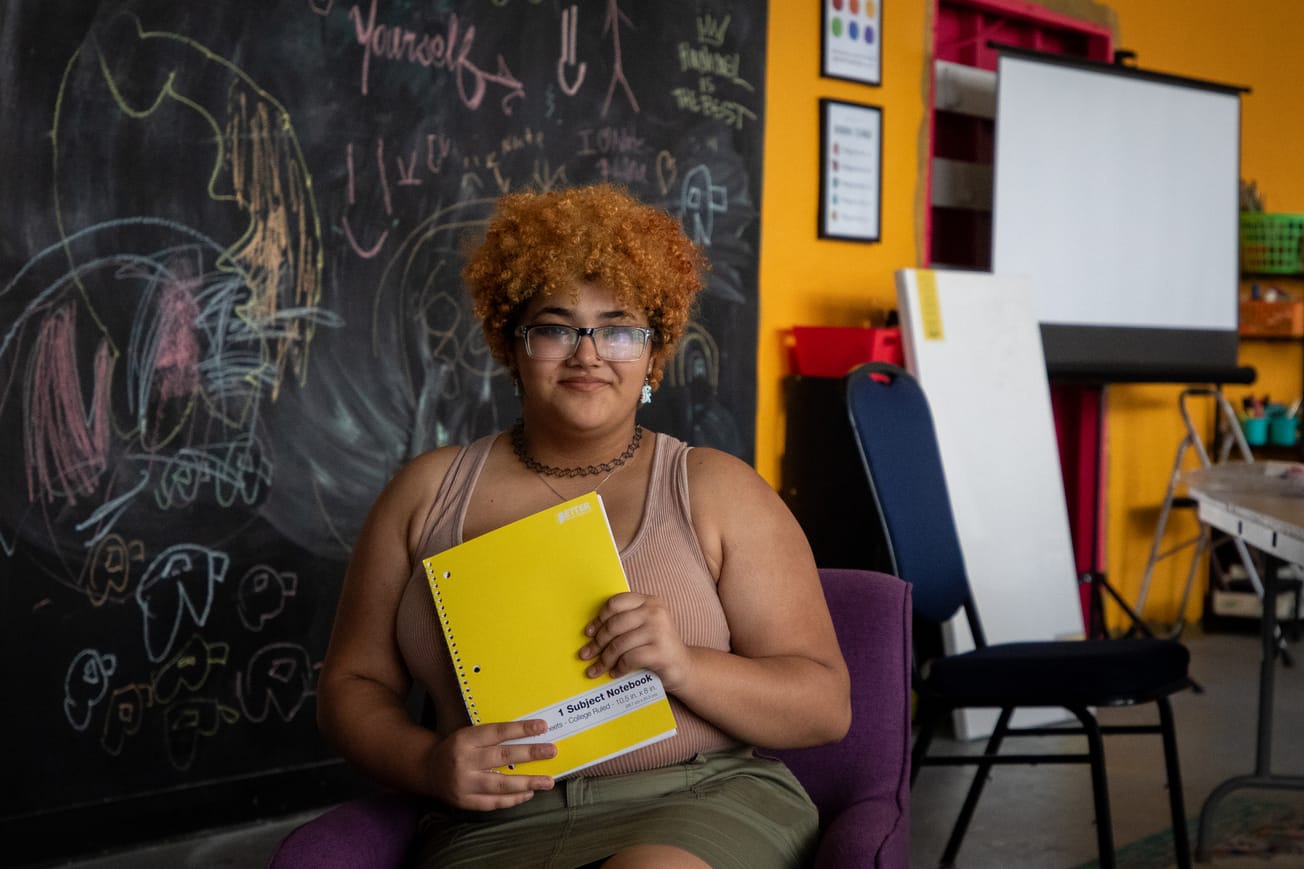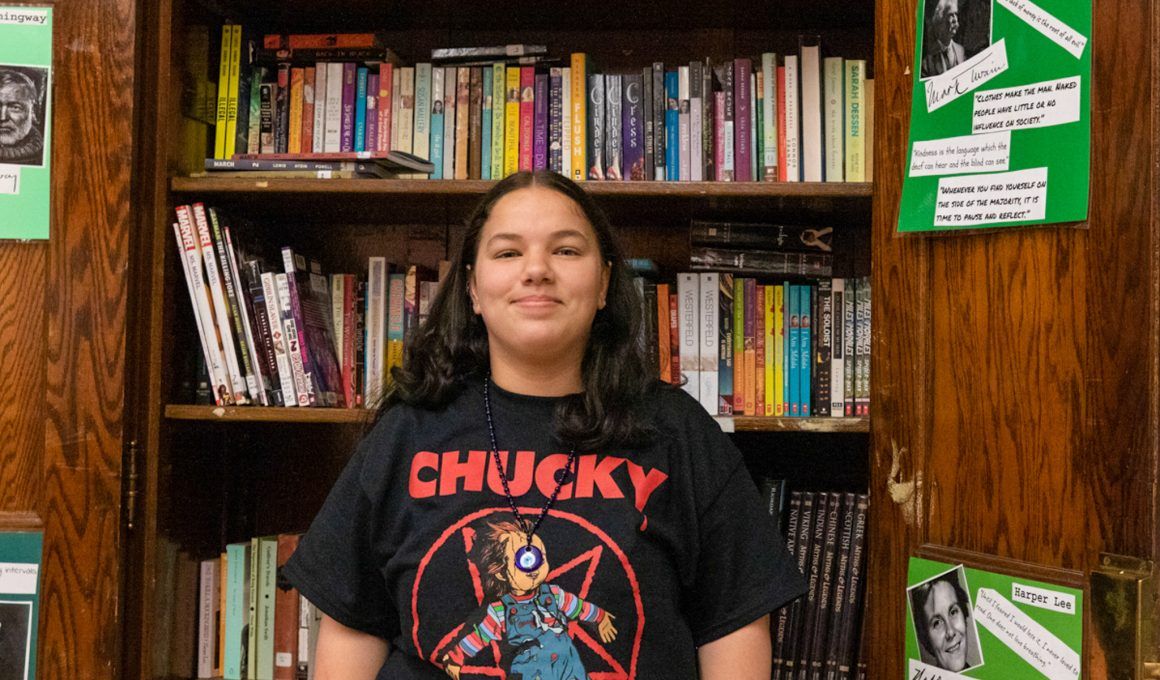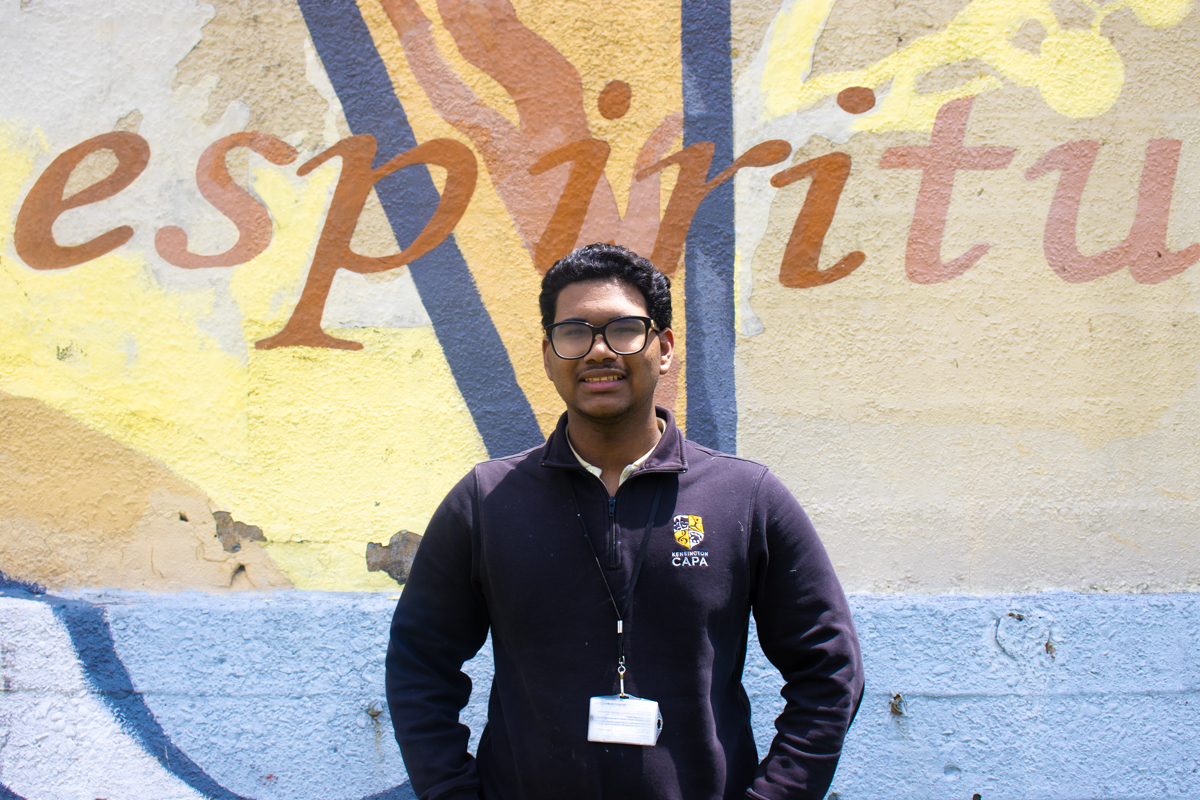Editor’s Note: Darryl Thomas has lived in Norris Square for 15 years. He’s a regular contributor to our Voices section.
For 44 years, I’ve lived with a mental disability, and in 2009, I had knee replacement surgery. Having a disability is something I deal with every day. Some days are hard enough just to get out of bed, and with a disability, it makes things more difficult. But I hope that sharing my experience will help spread awareness of all disabilities and the importance of accessibility to accommodate people like me.
In my neighborhood, Norris Square, an estimated population of 517 people have a disability. Under the Americans with Disabilities Act (ADA), a disability is a physical or mental impairment (including a learning disability) that substantially limits one or more major life activities. As a piece of civil rights legislation, the ADA makes it illegal to discriminate against anyone with a disability in all aspects of public or private life. This includes jobs, health care, schools, transportation, and any public or private facility open to the public. To read more about the ADA, click here.
Mental health awareness and support: ‘Not only is awareness good for adults, but it is also important for adolescents and their parents to know the signs of a pre-existing mental illness.’
When I was an adolescent, I was diagnosed with paranoid schizophrenia. I appreciate the advocacy that is done on my behalf and for people like me. I do my part by taking medication and keeping appointments with my therapists. These things are important for me to be able to function at home and in society as normally as possible.
The most important part of treatment, besides taking my medication, is to know how to cope with my psychosis and know its symptoms. By identifying triggers, which are signals that allow me to be aware when a symptom of my psychosis is about to take effect, I can be ready for what is about to happen mentally and sometimes physically. When this takes place, I’m able to cope with the effects of the symptoms of my illness and remain focused. The more I make myself aware of these triggers, the better I cope.
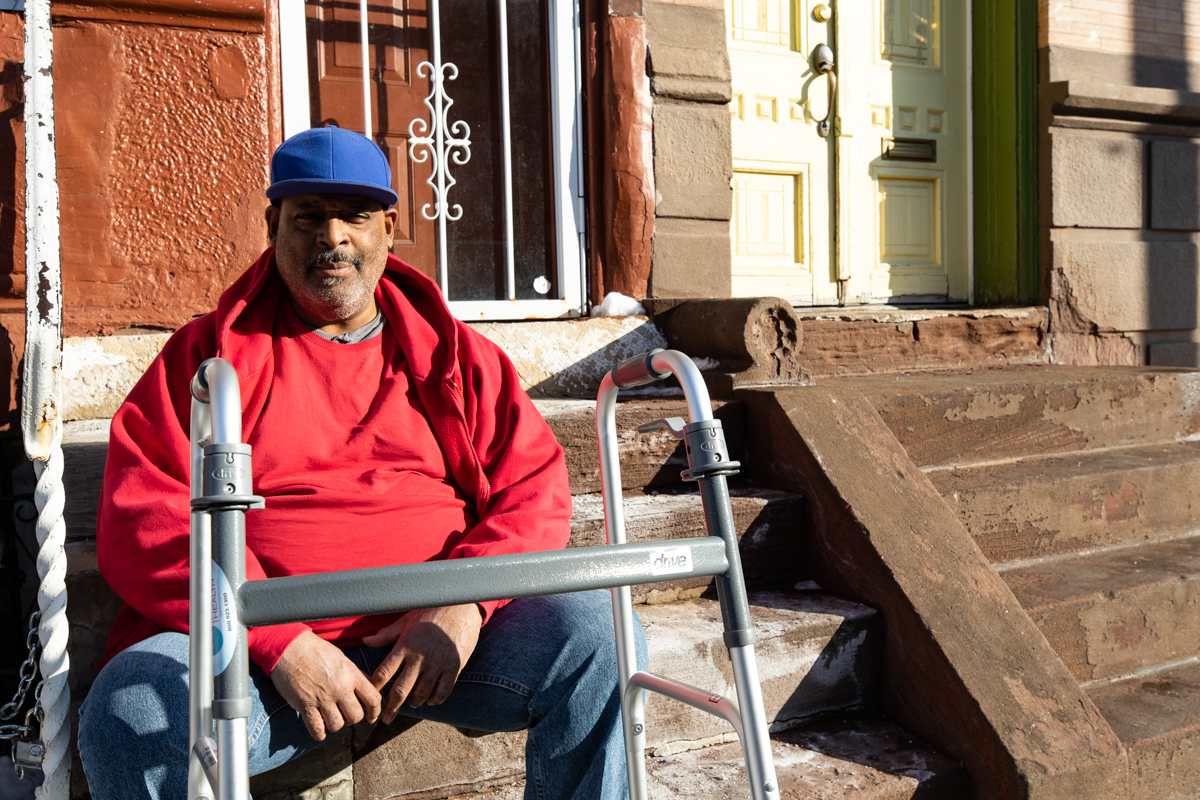
Making myself and the public aware of my mental disability is an important part of the treatment necessary to manage the disease. Not only is awareness good for adults, but it is also important for adolescents and their parents to know the signs of a pre-existing mental illness. During the start of the pandemic, there was an increase in suspected suicide attempts among teenagers: 4% for boys and 51% for girls. Being able to detect the signs of a mental illness can save lives.
I was seventeen when I was first diagnosed with my mental illness, and I have been treated for it ever since. I have been hospitalized at least six times, but it was necessary and benefited me. Thank God that my father, with a little assistance, was able to see the signs and get me help. My journey with my mental illness has been hard and long, but my good days outweigh the bad, and with the help of my doctors and therapist, I’m able to function almost at a normal level. I say almost because there are still issues I must deal with on an everyday basis. I have just been fortunate enough to have the resources necessary for my treatment. Knowing I really need this treatment is a big part of my recovery process.
That’s why advocacy, accessibility, and awareness of mental illnesses and other disabilities are so important. If you are informed about mental illness or other diseases it is a helpful tool toward treating someone that may become ill. Just ask your family doctor for more information about it. I’m sure they will be able to direct you to the help you or a family member will need. You can also Google it and find information that you will need to contact a psychiatrist or psychologist. And if you are still not sure, you can research the signs and symptoms of a certain disease and treatment options.
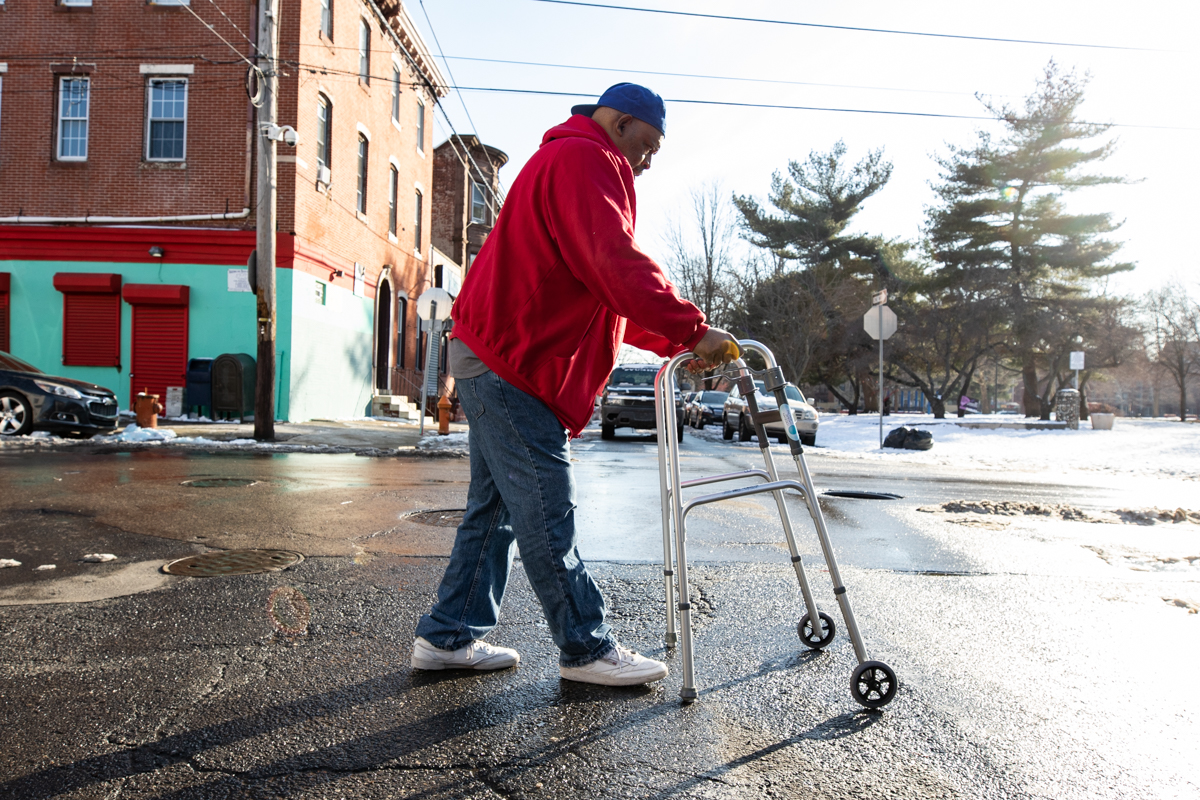
Accessibility is a lifeline
I personally didn’t know how important accessibility was for a physically impaired person until I received knee replacement surgery. After the operation for my knees, I needed extra support like the rails in public bathrooms. I also still need to receive surgery for my hip.
Being disabled doesn’t change the fact that your necessities are just as important as the next person. You still need to bathe, get dressed in the morning, fix breakfast, and in some cases, go to work. This is where accessibility comes in. Accessibility is an important aspect of a disabled person’s everyday life because it addresses the discrimination and inequality related to the individual’s experience. To be active in life, a disabled person should be able to commute between destinations without difficulty. To learn more about accessibility for disabled people, click here.
Spreading disability awareness is very necessary and important on a personal level. It affects how others see you and treat you. Without support from communities, including Kensington and the rest of the city itself, a lot of people would suffer. With the accessibility these entities provide, it gives disabled people opportunities to be a part of society in a safe and involved way.
One way society promotes accessibility is through kneeling buses. When I first came to Philly, I never saw a kneeling bus. When my knees first worsened, I used to wait at the bus stop wondering how I was going to be able to step up on the bus. SEPTA buses lowering themselves for me to comfortably step on really makes a difference getting from point A to point B.
Accessibility is a serious issue, and the public should be made aware of it. Having accessibility is so vital for a disabled person. It’s a major lifeline. To find out more about it, please do your research. It may save you or your loved one a lot of trouble.


